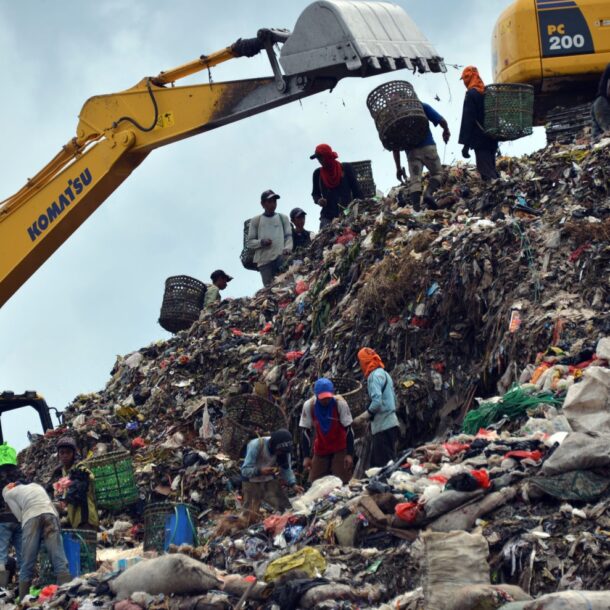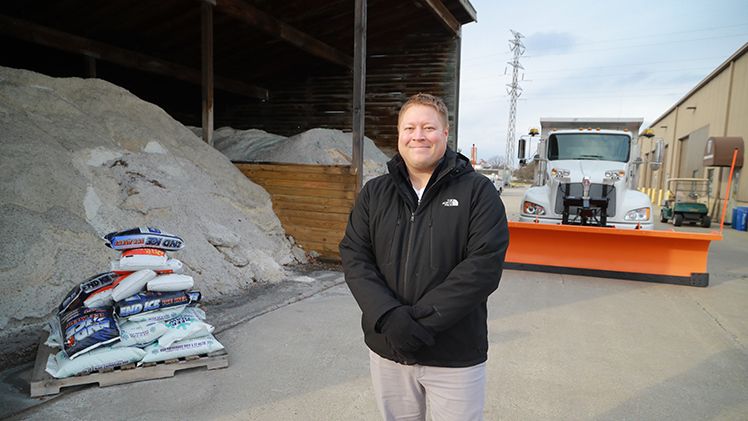

Today we are going to talk about how much we need to reduce the use of Road Salt in Winter!
Across the US, road crews dump around 25 million metric tons of sodium chloride. This is much like table salt. They dump this salt to melt snow and to unfreeze roads every year. This makes the roads safe for travel. The usage of the salt varies by state but the amount of salt applied to roads in a few states can vary between 3 – 18 pounds of salt. This much salt is the same size as a small kitchen table!
Overuse of road salts to melt away ice is threatening human health and the environment as the salt washes into lakes and rivers which are major drinking sources. New research from The University of Toledo spotlights the urgent need for policymakers and environmental managers to adopt a variety of solutions to replace salt.
The research suggests several possible alternative solutions, including:
• Proper storage facilities — covered structures with a concrete base;
• Anti-icing, the application of liquids such as salt brines to road surfaces prior to winter storm events, which prevents ice from bonding to surfaces and aids removal operations;
• Live-edge snowplows composed of multiple smaller plows on springs, which better conform to road surfaces compared to conventional plows with a single fixed edge, to increase the efficiency of snow and ice removal and reduce the need for deicing salt; and
• Post-storm performance assessments to determine whether the treatment used was appropriate for the weather system and if it should be modified in the future.
“Given the lack of ecologically friendly and cost-effective alternatives, broad-scale adoption of best management practices is necessary to curb the increasing salinization of freshwater ecosystems resulting from the use of deicing salts,” Hintz said.
William Hintz collaborated with scientists from Montana State University-Bozeman and Rensselaer Polytechnic Institute on the study.
Please do make the earth a better place to live for our future generations to come!!
By Sri Nihal Tammana


© copyright 2022 by Recycle My Battery